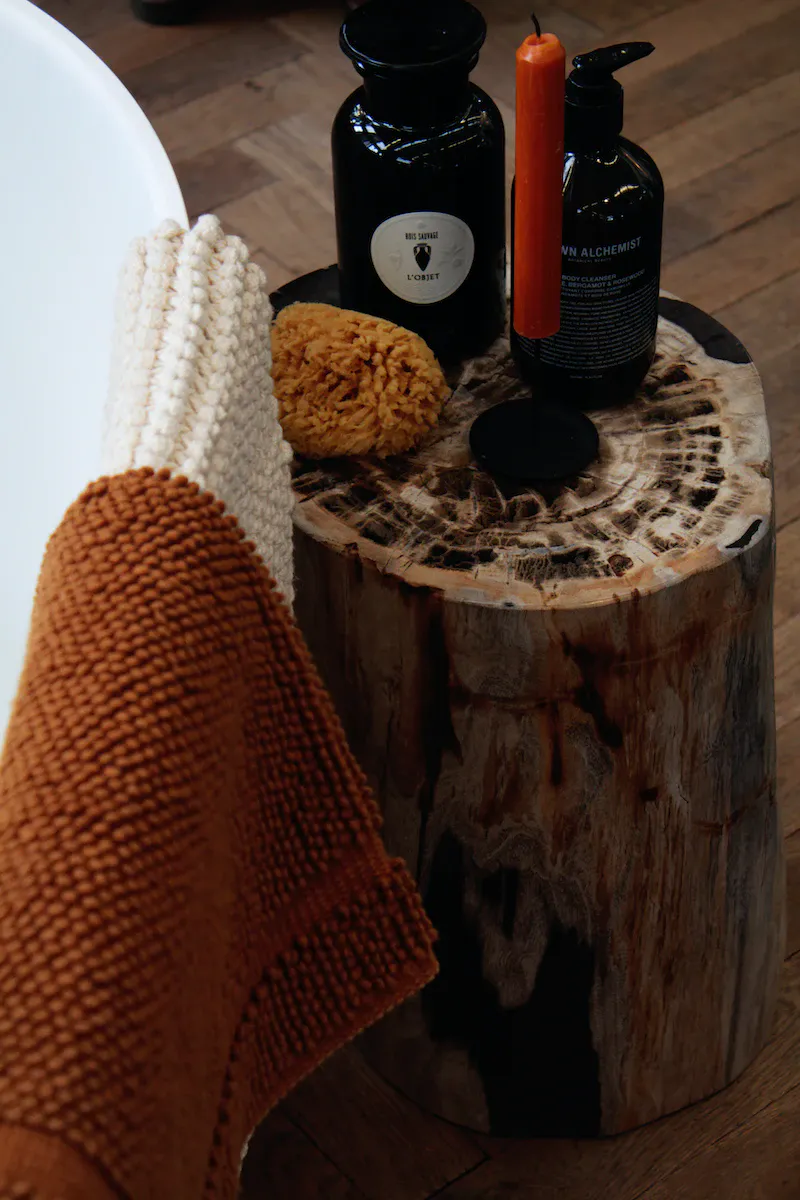Exploring the Complexities of Human Sexuality

The Most Remarkable Things People Have Said About Sex
Sexuality is a vast and diverse subject, and it encompasses a wide range of experiences and preferences. In this blog post, we will explore some of the most remarkable things people have said about sex, as presented in a TEDx talk by journalist and sex expert Alix Fox.
Understanding Hazel’s Unique Gynecological Condition
Hazel is a woman born with uterus didelphys, a rare condition that caused her to have two wombs and two vaginal canals. This means that she has two vaginas, and she can queef through both of them at once. Hazel’s condition is rare, but it sheds light on the incredible diversity of human sexuality and anatomy. Alix explains Hazel’s condition and how it affects her sex life.
Exploring the World of Masochism and Painful Sexual Gratification
Alix also shares the story of Hubert, a masochist who derives sexual gratification from pain. Hubert’s kink involves using plants and insects from his garden to sexually torture himself, including inserting earthworms into his penis. Alix explains the science behind masochism and the endorphins that the body produces in response to pain. She also emphasizes the importance of personal safety and avoiding animal cruelty when exploring sexual gratification.
Experiencing Synesthesia and the Extra Layers of Sensation During Sex
Alix also shares her personal experience with synesthesia, a condition where a stimulus that triggers one of the senses produces a ghost sensation in another sense. Alix experiences olfactory hallucinations during sex, which means she smells things that aren’t there. Alix shares how her synesthesia affects her sex life, and she also interviews other synesthetes who experience extra layers of sensation during sex.
Hugging the Diversity and Possibilities of Human Sexuality
Alix concludes her talk by emphasizing the importance of hugging the diversity and possibilities of human sexuality. Society often pressures individuals to conform to a narrow definition of what is considered sexy, but Alix encourages individuals to explore and express their unique sexuality. She reminds us that the range of experiences and preferences in sexuality is massive and wonderful, and individuals should not limit themselves in their self-expression or self-exploration.
Synesthesia: The Sensory Link between Sex and Smells
Sexual experiences can be incredibly varied and complex, and for some people, they involve a unique sensory experience known as synesthesia. Synesthesia is a condition in which stimulation of one sense can trigger a sensation in another sense. For example, a synesthete may see colors when they hear music or taste flavors when they read words.
In the case of the speaker in this TEDx talk, she experiences olfactory hallucinations during sexual experiences. This means that she smells things that aren’t actually there, and these phantom perfumes are often tied to her emotional state during sex. When she is stressed, the smells are metallic and sickly, while when she is happy and relaxed, she smells sweet bakery scents.
Interestingly, her synesthesia also affects her orgasms, which can smell like custard doughnuts, red licorice, or Haribo kiddies super mix candies. While synesthesia is rare, the speaker interviewed 25 other synesthetes and found that they also experienced extra sensory layers during sexual experiences.
The speaker’s synesthesia is the result of brain damage she sustained during an allergic reaction at 17 years old. This incident left her with a neurological quirk that causes olfactory hallucinations when she experiences certain emotional states.
However, she is not alone in this experience. She spoke with others who also experienced synesthesia and found that some saw visions when they orgasmed, while others had other sensations tied to their senses. For example, one man experienced a visual display of supernovae during climax.
The point the speaker makes is that human sexuality is incredibly varied and diverse, encompassing different physicalities, tastes, and ways of being. While synesthesia is rare, it highlights the fact that there are countless ways that people experience and express their sexuality.
In conclusion, the intersection of brain damage and sexual experience can lead to unique sensory experiences like synesthesia. While rare, it is just one example of the variety of human sexuality and physicalities. People should feel free to explore their individual and unique ways of being sexy without fear of judgment or limitation.
The Pressure to Conform to Narrow Definitions of Sexiness
In a world where social media and advertising dictate our perceptions of beauty, it can be challenging to feel confident in our bodies and sexualities. Society often imposes narrow definitions of sexiness that leave many people feeling excluded and unworthy. However, it’s important to recognize that these definitions are often arbitrary and do not reflect the diversity of human bodies and desires.
The Importance of Self-Expression and Exploration in Sex
One of the most significant aspects of human sexuality is its variety. Every person has unique desires and preferences, and there is no one-size-fits-all approach to sex. It’s important to explore our sexual selves and find what works best for us. This means experimenting with different types of stimulation, positions, and activities, and communicating our needs and boundaries with our partners.
Accepting and Hugging Our Unique Sexual Tastes and Desires
Part of hugging our sexual selves is accepting our unique tastes and desires. It’s okay to have fantasies that might seem unusual or unconventional, as long as they are consensual and do not harm ourselves or others. Shame and guilt can prevent us from fully enjoying our sexuality, so it’s important to grow a sex-positive attitude that encourages self-love and acceptance.
In conclusion, the pressure to conform to narrow definitions of sexiness can be overwhelming, but it’s essential to remember that beauty and sexuality are subjective and diverse. By exploring our sexual selves, expressing ourselves, and hugging our unique desires, we can build a healthier and more fulfilling relationship with our bodies and our sexuality.
Challenging Society’s Limiting Views on Sex and Sexuality
Sex and sexuality are topics that have been shrouded in taboo and shame for centuries. Society has traditionally placed strict limitations on what is considered acceptable sexual behavior, leading to feelings of guilt and inadequacy for those who do not fit within these narrow definitions. However, it is time to challenge these limiting views and hug our own unique sexual selves.
One way to enable ourselves in our own sex lives is to break free from shame and negative self-talk. We need to recognize that our desires and preferences are valid and worthy of exploration, regardless of whether or not they fit into societal norms. By hugging our sexual selves and seeking out experiences that bring us joy and fulfillment, we can break free from the restrictions that have held us back for so long.
Another key aspect of challenging society’s limiting views on sex and sexuality is education. We must be willing to learn and understand different aspects of sexuality, including those that are often stigmatized or misunderstood. By educating ourselves and others, we can promote a more inclusive and accepting view of sexuality, one that celebrates diversity and recognizes the importance of consent and respect.
It is also important to recognize the ways in which society’s views on sex and sexuality intersect with other forms of oppression, such as racism, sexism, and homophobia. By challenging these systems of oppression and advocating for greater equality and acceptance, we can create a more just and equitable society for all.
In the end, it is up to each of us to take responsibility for our own sexual experiences and to challenge the limiting views that have held us back. By hugging our own unique sexual selves, seeking out education and knowledge, and advocating for greater acceptance and inclusivity, we can create a world that celebrates and honors the diversity of human sexuality.
Conclusion
Sex and sexuality are complex topics that have been shrouded in taboo and societal pressure for far too long. Through exploring various aspects of sex, including synesthesia, gynecological conditions, masochism, and societal pressure, it is clear that there is no one “right” way to approach sex or define sexuality.
The most important takeaway from these discussions is the importance of self-expression and exploration in sex. It is crucial to challenge limiting views on sex and sexuality and to enable ourselves to find joy and fulfillment in our own sex lives. Breaking free from shame and hugging our sexual selves is not always easy, but it is essential for living a happy and healthy life.
We must continue to have open and honest conversations about sex and sexuality to break down societal stigmas and support each other in exploring and hugging our unique sexual tastes and desires. With more education, understanding, and acceptance, we can create a world where everyone is free to express their sexuality without fear or judgment.




